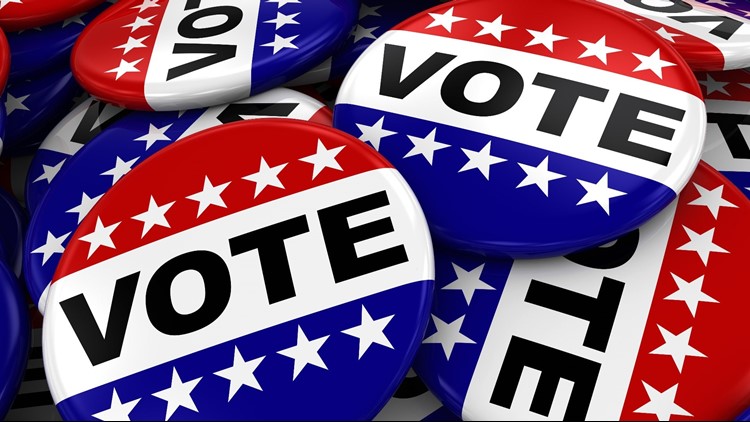

Monroe leaders and residents opposed the bill because it requires candidates to declare a party affiliation.
MONROE, N.C. — Monroe elections will move to even-numbered years and require partisan affiliation since the North Carolina General Assembly passed House Bill 3.
House Bill 3 was controversial for Monroe leaders and residents because they were not included in the conversation while the bill was developed.
The bill initially concerned the Village of Simpson is eastern North Carolina. It was expanded to include Monroe only in June.
The bill, now law, moves the next election back to 2026. Current mayor and city council members will have their terms extended the extra year.
For the next election, municipal candidates will be required to run with a party affiliation and cannot run unaffiliated. Candidates will have to register as either Democratic, Republican, Libertarian or Green Party.
If candidates want to run unaffiliated, they cannot appear on the primary ballot. They can appear on the general election ballot only if they gather signatures from 1.5% of Monroe’s registered voters.
There are concerns on how the bill will affect unaffiliated voters. Monroe has over 18,000 unaffiliated voters.
The next primary election in Monroe will be held on March 3, 2026.
The next general election will be on November 4, 2026.
RELATED: Monroe faces major election changes under House Bill 3
For the latest breaking news, weather and traffic alerts that impact you from WCNC Charlotte, download the WCNC Charlotte mobile app and enable push notifications.


